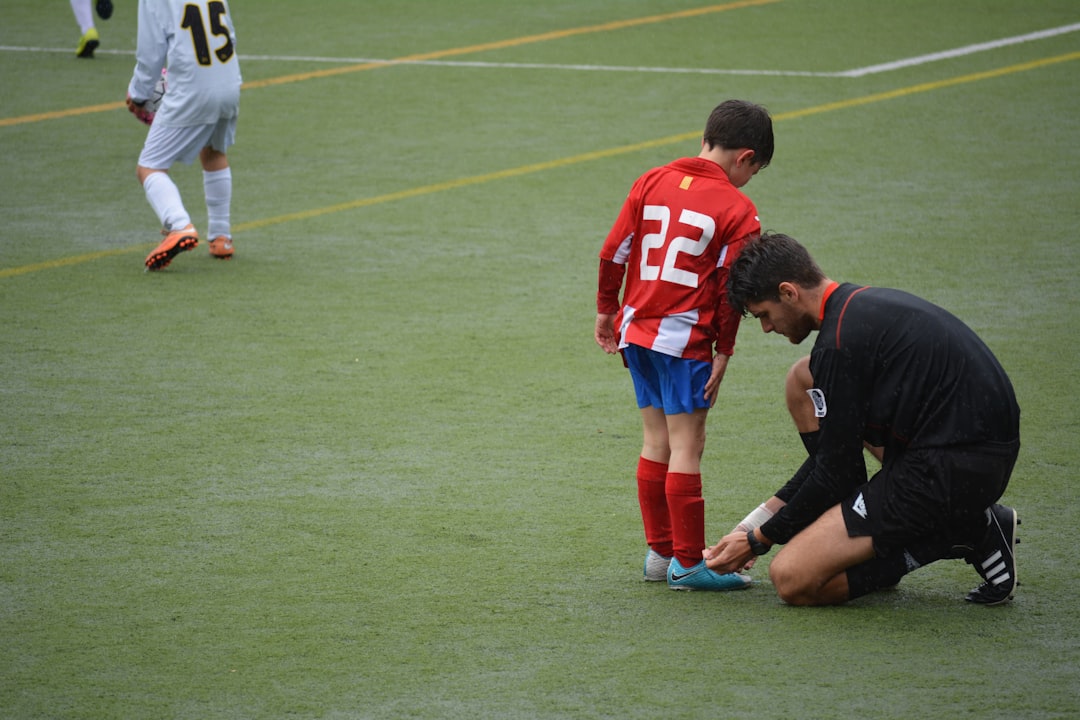Don’t Let Your Expertise Get in The Way of Solving a Problem
Today, September 11th, we remember the day terrorists attacked our country publicly and horrifically. I hope we can soon again remember the value of unity and humanity.

A show my sister and I enjoyed watching as kids during summertime was Diary, which aired on MTV. The series premiered in 2000, well before social media, so it gave a glimpse into the lives of celebrities. The opening slogan of each episode was, “You think you know…but you have no idea.”
That slogan comes to mind often when coaching and teaching high school student-athletes—especially freshmen and sophomores. But it’s often true of experts and specialists who narrow their knowledge so drastically that they fail to bring any outside experiences with them to their field of expertise.
Throughout my coaching and educational career, I’ve experienced many sophomoric moments. In my second year of teaching, I thought I had everything prepared for the first week of school until the day before when I overlooked an entire checklist of duties I needed to prepare.
The same went for my second year as a head freshman football coach. My first year as head coach saw tremendous success (primarily due to our team’s talent and remarkable ability to retain information so quickly). So, in my second year, I thought I could apply the same formula and reap the same results, except this was catastrophic, and the team suffered worse losses than any previous team I’d coached.
Most of us make these mistakes because we’re used to operating in “kind” learning environments, as David Epstein points out in Range (p. 20–21). We think we can act on experience alone to help us find patterns where feedback is accurate and rapid. But most of our lives exist in wicked domains where “the rules of the game are often unclear or incomplete, there may or may not be repetitive patterns and they may not be obvious and feedback is often delayed, inaccurate, or both” (p. 21). “In the most devilishly wicked learning environments, experience will reinforce the exact wrong lessons.” And I can’t think of a more devilishly wicked learning environment than coaching freshman football.
As leaders dealing with people, it’s important to remember, “Our greatest strength is the exact opposite of narrow specialization. It is the ability to integrate broadly” (p. 29). Just because you know much about something specific doesn’t mean you have to disregard the things you know about generally. Our general experiences can help us better understand and solve problems. Epstein points out that Christopher Connolly discovered why some professionals floundered outside narrow expertise while others were skilled at expanding their careers (p. 34). Connolly found that those with broader training and “multiple career streams…were excellent at taking knowledge from one pursuit and applying it creatively to another, and at avoiding cognitive entrenchment.” Furthermore, “They drew on outside experiences and analogies to interrupt their inclination toward a previous solution that may no longer work.”
My wife is probably the best person I know who embodies this understanding of Range well before I read Epstein’s book. When she first started nursing, she was adamant about working in as many different areas of nursing as possible. She worked in a night-shift cardiac PCU unit, a Labor & Delivery unit (also night shift), and a Gastrointestinal ambulatory center. This list of experiences doesn’t even include the many other areas she had to gain knowledge in while in nursing school. I often wondered why she desired to work in all these challenging environments.
Now that my wife is officially accepting a Director of Nursing position, it’s clear that she understands the importance of gaining a wide range of paces, situations, and staffing that she can apply to future unforeseen problems in a leadership position like she’s in now.
So, the goal is to avoid specialization in a way that hampers our ability to use our general experiences to help us solve problems. Avoid thinking any job or task is too menial or laborious for you. Every new obstacle or challenge is a unique possibility to help unlock future issues we can’t yet see. We must allow ourselves and our kids to be placed in new, “wicked,” and challenging domains to help us expand our ability to solve future complex challenges successfully.
Don’t let your expertise get in the way of solving a problem.



